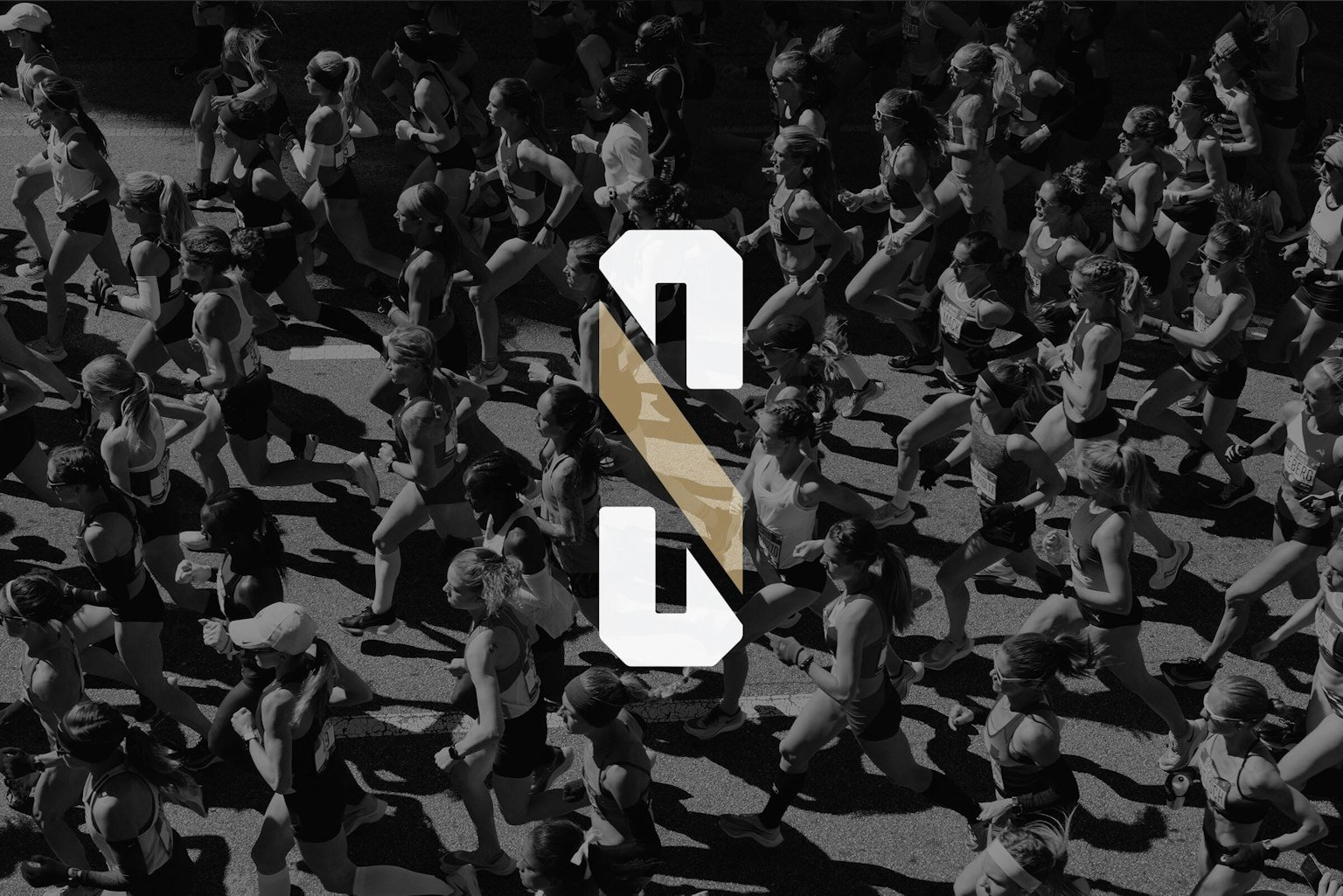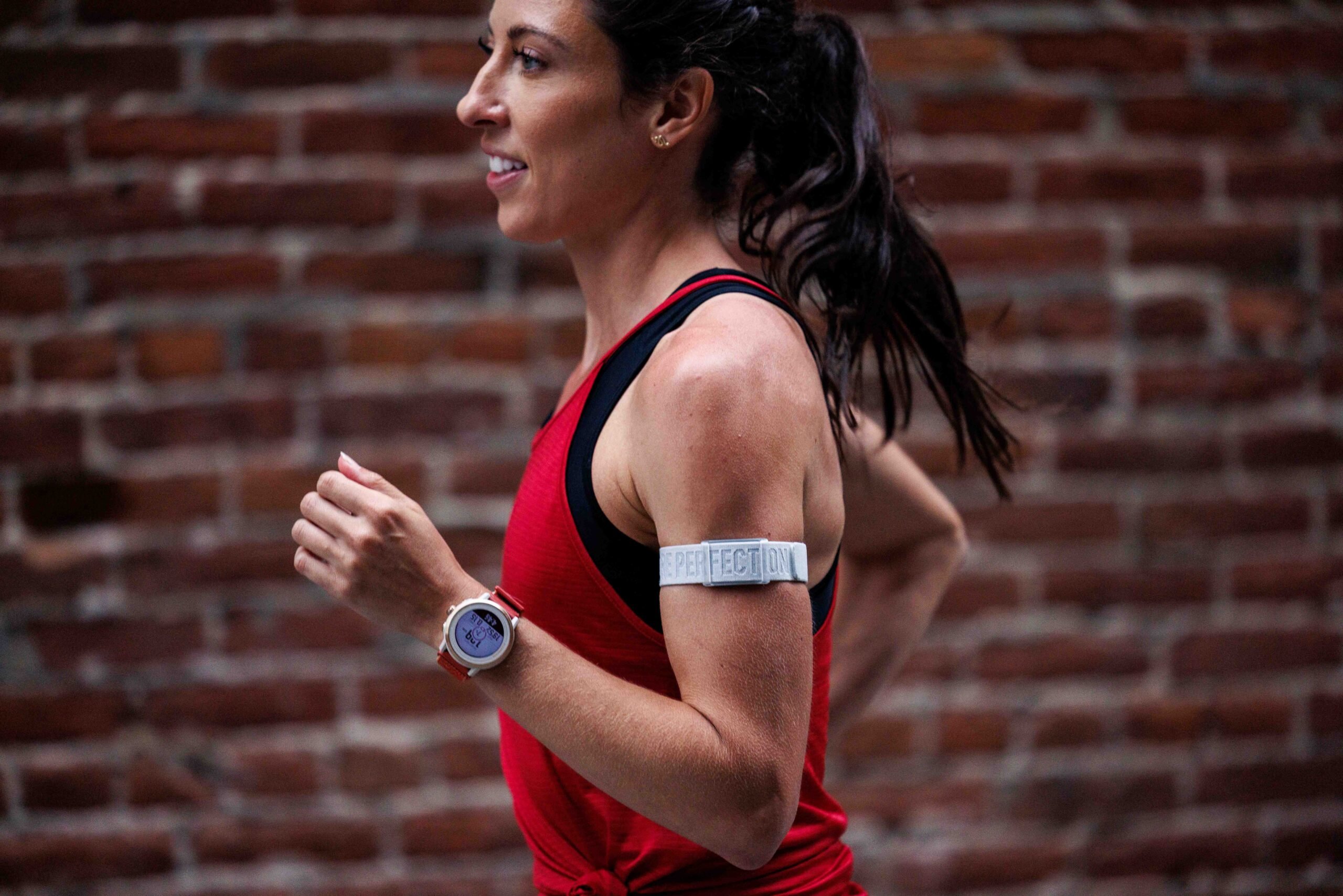We recently covered this topic on the latest episode of The Marathon Handbook Podcast; take a listen below.
If you’ve ever run for a long time you know one of the worst feelings in the world is the dreaded bonk. One way to stave it off is by having a reliable source of fuel while on the run. And if you’re an ultrarunner midway through, say, a 100-miler, the suffering can be exponentially worse if that fuel fails you.
That’s why a prominent nutrition company in the ultra/trail world and a few key brand influencers are under fire for potentially propping up a gel that may not be what it claims to be, which is causing a huge uproar in the running community.
Spring Energy, a rising boutique gel and bar brand based in San Fransisco, was called out by the respected ultra coach and podcaster Jason Koop on Wednesday for creating what he claims is a “fraudulent” product. This comes after months of speculation within the ultra community that something wasn’t quite right with the company’s popular “Awesomesauce” line of gels.
Koop revealed in a series of Instagram Reels that he’d grown suspicious of Spring Energy’s claims that its gels contained a significant amount of calories and carbohydrates, after he noted that a group of runners had posted on Reddit about their concerns with the product.
So Koop decided to buy a bunch of the Awesomesauce gels and ship them to a third-party lab for testing. And the results were damning.
You can watch Koop’s entire monologue on his findings below:
Spring Energy claims that each Awesomesauce Energy Gel contains a whopping 180 calories and 45g of carbs. This is an attractive package for ultrarunners looking to stave off a caloric deficit, which, as Koop points out, will make or break a race over time. For recreational ultrarunners, it could mean the difference between success and failure after months of hard work. For elite athletes, it could have huge negative consequences on their career if they inexplicably fall apart mid-race. And for all athletes, Koop notes, a misinformed nutrition plan on the trails could lead to a serious health crisis for some.
And at $4.80 a pop, you’d hope to get what you’re paying for from an Awesomesauce gel.
When Koop got the lab analysis result, it showed that each 54g serving contained only 75 calories and 18g of carbs, less than half of what the packaging claims.

All this as Spring Energy positioned itself as the antithesis of more traditional gel producers, which rely on sugars to deliver calories and a specific carb count.
Spring Energy has had a meteoric rise in a few short years within the ultra community by positioning itself as a healthy, whole food alternative to traditional sugar-based endurance foods like Gu and Maurten. On its site, the company claims that it’s products are “a powerful source of energy and nature does not need to be corrected in a laboratory.” Although, Spring Energy’s marketing materials also clarify that its recipes are “science driven.”
Koop also took the opportunity to go deeper into the marketing history of the product, and Spring Energy’s relationship with popular coaches and influencers David and Megan Roche.
The Roches are a husband and wife team who operate Swap Adventure Team, a private coaching business that has become the darling of the ultrarunning community in recent years. More recently, the pair have expanded their roster to include prominent athletes and influencers, like Amelia Boone and Barkley Marathons finisher John Kelly, as well as road and track runners like Allie Ostander, who ran in the U.S. Olympic Marathon Trials in March, has more than 127,000 followers on Instagram, and a YouTube channel with more than 57,000 subscribers.
Koop points out that Spring Energy strategically partnered with the Roches, who then used their social and legacy media reach and trust accrued with many ultrarunners to push the product, which claims to be healthier and more nutrient dense than those with added sugars, and a sort of magic bullet for endurance athletes, particularly those who struggle with GI related issues when taking nutrition during a race.
According to Koop, the ultrarunning power couple were careful not to ever claim that they had any actual involvement in developing the product, and they even eventually back peddled, stating that they didn’t even use Awesomesauce gels themselves. Megan Roche is an accomplished trail runner, but also a medical school graduate from Stanford University. David Roche has a law degree from Duke University. Both have now said that they had little involvement with Spring Energy after initial discussions of them fronting for the Awesomesauce product.
The couple also have a weekly podcast, Some Work All Play adventure Pod, and have addressed the controversy in the last two episodes, which you can listen to here.
Another well known Spring Energy sponsored athlete and influencer, Sage Canaday, posted about the controversy on X, and was criticized for initially downplaying runners’ concerns that the gel was making false nutritional claims. You can read his full thread about this below on X:
What Started This Debacle?
Beginning about two months ago, runners began posting their suspicions on Reddit about the veracity of the claims made by Spring Energy about its Awesomesauce line of gels. Some even conducted their own home experiments and shared them on the forum.
The common complaint was that the gels seemed too “watered down” to correspond to the high carb count within each pouch that the company claimed. This triggered some runners who’d used the product to share that they’d experiencing hunger and bonking during long runs and races despite chowing down on Awesomesauce Gels within a specific calorie count strategy that should have staved off a caloric deficit nightmare.
As an example, one runner posted the following experience:
“My subjective feelings were not really in line with it either. At 54g a pop, you would think they would make me twice as full as “normal” gels – but in fact I experienced the opposite, I needed twice as many of them to stay equally full. During my last ultra, I was taking a gel every 30 minutes and alternating between Spring Awesome Sauce and Gu Liquid Energy. After taking Spring, I would already get a hollow-stomach feeling after 15 minutes and had to supplement with candy or sports drink. I did not feel that way after taking Gu, even though it supposedly has half the carbs of Spring AS. Also its texture is more similar to a “liquid gel” than a normal gel, so by definition something with a igh water content.”
Users got scientific with it when they decided to dehydrate the gels and weigh the product before and after, noticing stark differences in the claimed weight vs. the actual weight and how that would correspond with a much lower number of calories and carbs.

One intrepid Redditor/runner even wrote to the brand, and the company stood behind the accuracy of its labels:
“Update 22.04. Got this response from Spring:
Thank you for reaching out to us.
At Spring Energy, where we all are athletes, we truly appreciate the significance of proper nutrition for training and competition. We also value constructive criticism and input, as it helps us improve and better serve our community.
Our analysis supports the accuracy of our product labeling. However, we will reevaluate to make sure our data is accurate.
Although we hoped your experience with our products would have been wholly satisfactory, we recognize that individual needs can vary. Given the wide variety of options available across different brands, we are confident you will find the right product that suits your specific requirements.
We wish you the best of luck in your training and upcoming races!
Best regards, Spring Team”
As of Wednesday (May 29) Spring Energy appears to have removed Awesomesauce from its website and the product is no longer available for purchase from the brand.
According to the FDA, exercise and performance supplements “do not require premarket review or approval by FDA. Supplement manufacturers are responsible for determining that their products are safe and their label claims are truthful and not misleading, although they are not required to provide this evidence to FDA before marketing their products.”
This means that Spring Energy (and every other nutrition brand marketing its product in the U.S.) never has to actually prove to any agency that its nutritional claims are true and consistent. Although, as Koop suggests in his Reel, both the brand and potentially its influencer backers could be liable for false claims.
The FDA does say on its site that if a supplement is found to be “unsafe” it may remove the product from the market.
It’s unknown if Spring Energy was previously aware of the significantly lower calorie and carb count, or if the experiences of runners over the last two months are due to a quality control issue or some other inconsistency causing dramatically fluctuating nutritional values in the gels.

You can find Jason Koop’s full lab report below. Keep an eye on our homepage and the next episode of our podcast, as we will talk to Koop about the findings and report the details, along with any other developments in this story.














